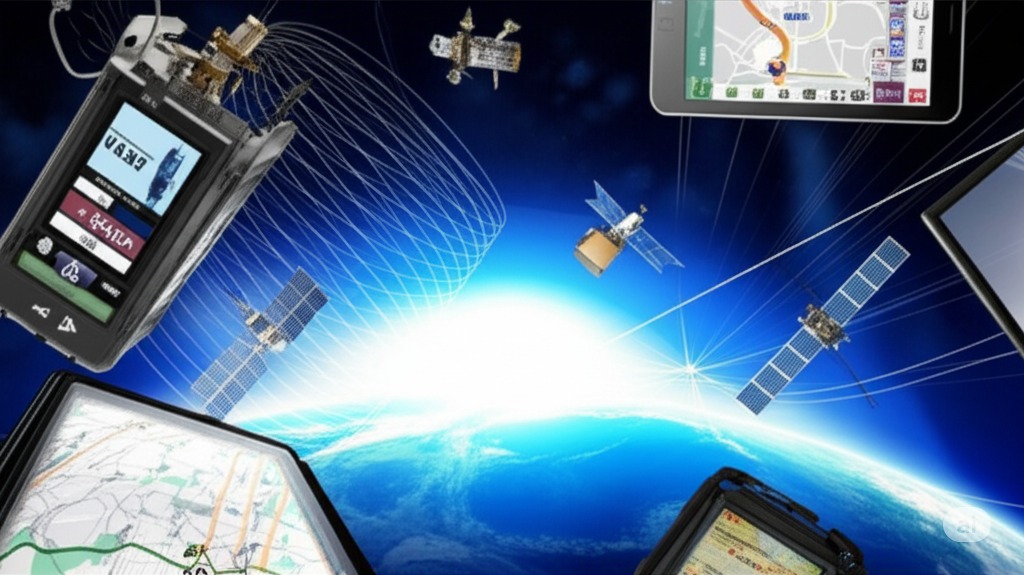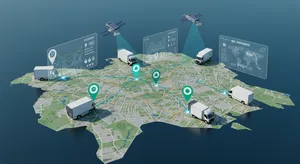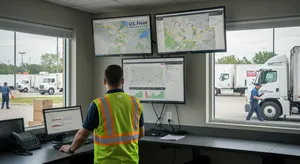Modern Fleet Benefits
- 20% reduction in fuel costs through route optimization
- 30% decrease in maintenance expenses
- 40% improvement in fleet utilization
- 50% reduction in administrative workload
Small fleets require different solutions than enterprise operations. Small fleet systems focus on core tracking and maintenance features. Enterprise solutions incorporate advanced analytics and multi-location management capabilities.











